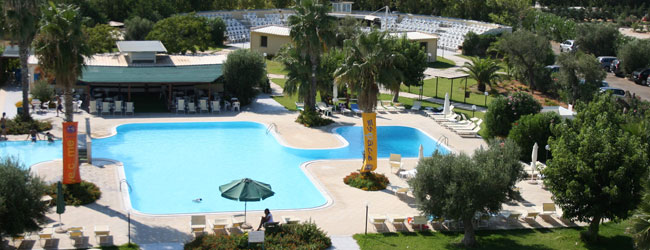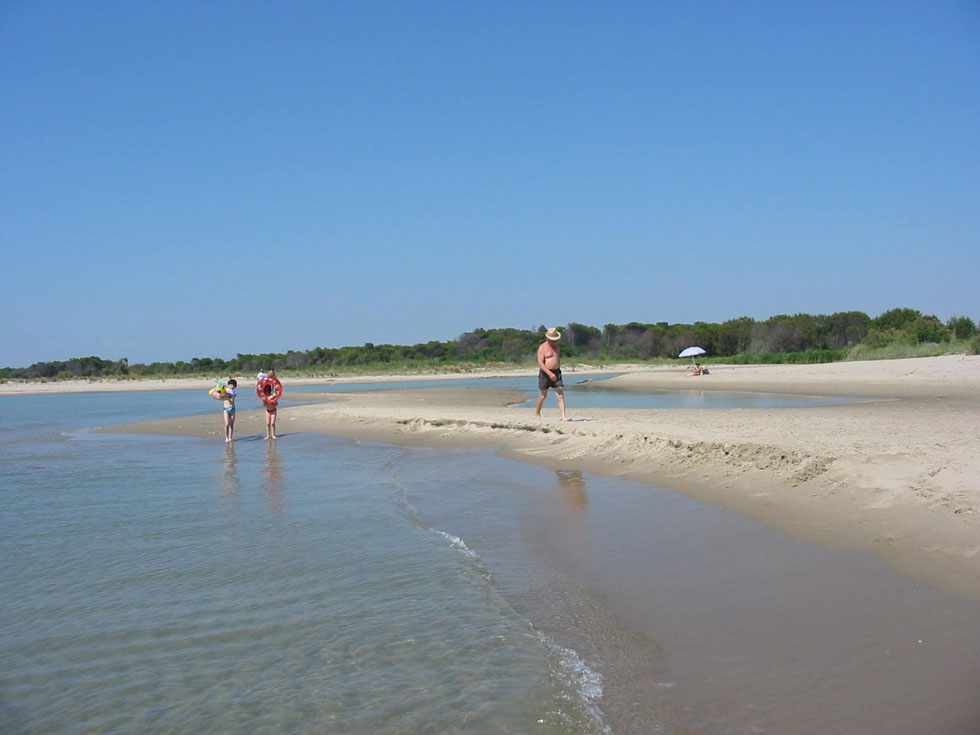
TIME-SHARING: BEGINNING AND GROWTH OF AN INNOVATIVE SYSTEM
Buying a time-share house means to become co-owner for a millesimal part, having the right to use it in a specific moment of the year established during the acquisition.
The time-sharing system firstly spread in the United States after the First World War with a market value for time-share houses over the 60%. In Europe it spread from the 1950s, especially in France.
In Italy the growth of the system started with the marketing of Napoleon Residence located in the Elba isle, in 1968. During the years even in Italy the system has improved and got a remarkable section of market. The time-sharing is the best way for the acquisition of a second house, because you have the opportunity to make a reasonable property investment, allowing a better use of the real estate (according to ISTAT the second houses are exploited 40 days per year on average, on the contrary the ones in time-sharing are exploited 200 days per year.
» LEGISLATIVE REFERENCES
Oggi la Multiproprietà è regolamentata dal Codice del Turismo (Decreto Legislativo N° 79 del 23 Maggio 2011), Codice della normativa statale in tema di ordinamento e mercato del turismo, a norma dell’articolo 14 della legge 28 novembre 2005, n. 246, nonche’ attuazione della direttiva 2008/122/CE, relativa ai contratti di multiproprieta’, contratti relativi ai prodotti per le vacanze di lungo termine, contratti di rivendita e di scambio.
In tal senso la invitiamo sempre a richiedere, prendere visione e leggere il Documento Informativo delle singole iniziative commercializzate.
» THE ADVANTAGES OF THE TIME-SHARING
When you buy a time-share house you become the owner of a “right of ownership”, ratified with a notarial deed. So the owner can exercise, just during the period of the holiday, his rights related to the right of ownership. He is allowed to use the flat, for his own part, or he can hand over to a third party (both for free and on payment) personally or through an agency, he can change the period and the place of the holiday, he can sell, give or bequeath his share.
The purchase of the time-share house ensures the owner two advantages: the economic and the managerial one.
The economic advantages:
- you make a very reasonable investment proportional to the benefit you derive from a holiday house (having a flat in property it is necessary to “freeze” a remarkable capital, even if the house will be used for few days during the year);
- the running expenses are related to the period you exploit the flat, so you pay only for the period you use the flat (while for a flat in property you have to pay for 12 months, even if the use is for just few weeks);
- the taxes are related to the property share you own and proportional to the economic advantage of the investment: so if you own the 5% of the flat, the taxable income is equal at the 5% of its cadastral income (while for a flat in property the taxable income is equal at the whole cadastral income whatever is the real use of the flat).
The managerial advantages:
- the privacy of one’s home and the comfort of the hotel; the residential estates ensure an hotel management and they are provided with facilities such as: bar, restaurant, sports and recreational facilities;
- the management provides for cleaning the flat, sterilizing the toilets, putting in order the linen at your arrival. When leaving, the staff carry out a deep cleaning of the flat;
- the flats are furnished and functional;
- if you want to put the flat at one guest’s disposal you have just to write a letter of introduction and he will be treated as an hotel guest;
- the company who manages the hotel provides for all the tasks: ordinary and extra repairs, insurances, payment of bills, local taxes etc.
- you can let the flat and get an income;
- you can change the flat choosing with a variety of residence all over the world and whenever you want thanks to international import-export organizations.

 Login
Login



 Facebook
Facebook Twitter
Twitter Youtube
Youtube

